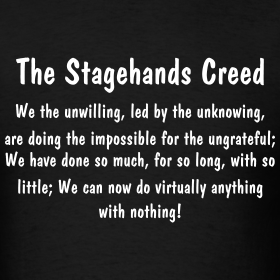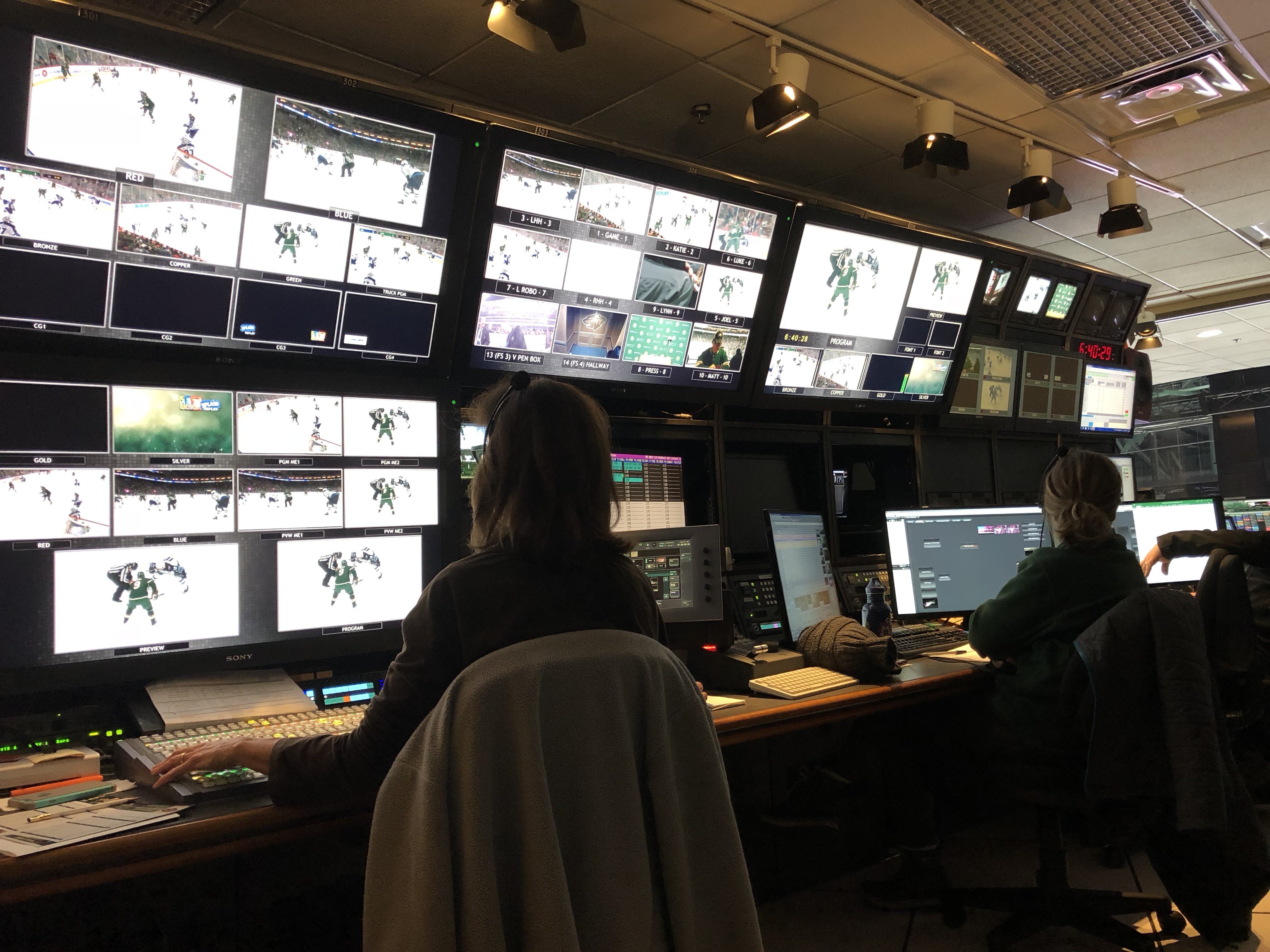
Making Hard Decisions – Career Choices
Have you ever had a time where you made an employment commitment and then had to go back on that commitment? If you have, I bet you struggled with the decision just as much as I did.
I recently had two amazing job opportunities. I had applied for a job, accepted an offer and was awaiting my start date, when another offer came my way. All of a sudden, I had two great opportunities in front of me which, turned into having to make one very hard decision. Do I stay with the first job, take the new opportunity or pass on it because I had already accepted the first offer?
As I faced trying to make my decision, I struggled with some moral thoughts about commitment such as; how I would feel if a prospective employee chose to “quit” before they started, and the situation that I might be leaving the company in if I didn’t follow through with the job I had accepted. I weighed the pros and cons of each job and considered the goals of my career. I sought advice from others. Some advice was great and some just seemed to make it harder to choose. In some moments I knew exactly what to do, only to question my thinking a few moments later. As I processed what was before me, I wished I had a source that might have helped me think it through, so I write this blog to help others consider what they might do if they ever have to make a decision like this.
I came to my decision by taking a sense of self approach, instead of thinking about what others might want or need. For instance, it is you who will be spending the time there, and you are the one doing the work. We work a lot; it’s the nature of the job. Think about you and which option will help you and your goals, your happiness, and what you want from it all. There will be signs that help you decide for yourself, but those signs might get lost in having to make such a tough choice, usually in a short time frame as well.
When it comes down to it, you will likely disappoint someone no matter what, but you can’t take that in as a factor. Sometimes the truck pack doesn’t fit perfectly, but if you move just one piece of gear, you have a perfect Tetris game. It’s ok to pick you! It’s your happiness, your career goals, and your time because the period you spend working is a majority of your life and is a part of who you are, so it’s absolutely ok to put yourself first. The person or organization you end up leaving will be able to move forward and find someone else for the position. You might burn a bridge, but that is part of picking you in this situation. People come and go, usually at the least opportune time, but in the end, they will work through it just as you have when a coworker leaves or a position remains open too long.
When you do finally decide which option will be best for you, no matter commitments made or not, make sure to communicate those as quickly as possible. This may be the best courtesy you have to offer. Whichever you decide, it will leave someone with the task of going back to the hiring board. Give them as much time as you can for them to do that. Then look forward to your new opportunity and make the best of it, because you chose it for you and it is an exciting next step!








